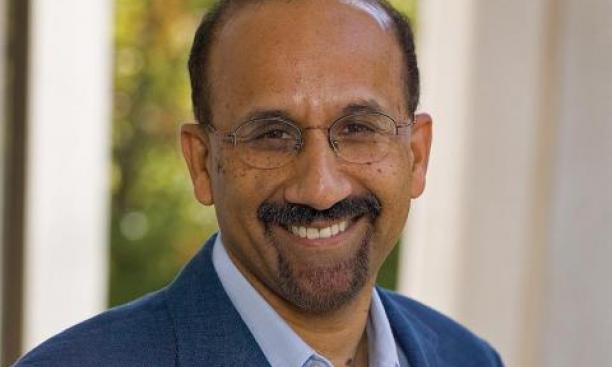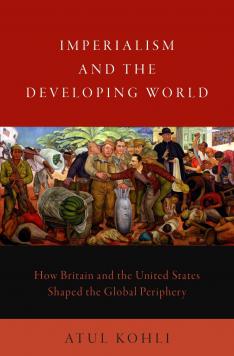
Very early in your book you ask, “Why do imperialists imperialize?” What is your answer?
I argue that states pursue imperialism mainly to improve their national economic prosperity. They don’t always achieve their goals, but they hope to gain for the nation as a whole rather than only for the economic elite. They do so by creating open economies on the global periphery.
Colonialism is the most exploitative form of imperialism because the colonies have no sovereign control. But both Britain and the U.S. have actively pursued informal empires, as well. Those are characterized by an alliance in which elites in the imperial country allow elites on the global periphery to share in economic growth in exchange for establishing stable but ultimately subservient governments there. The U.S. relationship with the Shah of Iran during the Cold War is a classic recent example.
Americans don’t like to think of the United States as an imperial power. Are we?
America practices what I call soft imperialism. Unlike the British, the U.S. got tired of having colonies very early, shortly after the Spanish-American War. But even during their colonial period, the British were also very active in establishing informal empires—with China, the Ottoman Empire, and Latin America. In that sense, juxtaposing British colonialism against American anti-colonialism is a historically inaccurate comparison, though it is flattering to America’s image of itself.
Has British and American “soft” imperialism now ended?
Britain, of course, lost all of its colonies after the Second World War. London’s current role as a financial center brings them a lot of wealth, but there is nothing imperial about it. On the other hand, American financial pressure to create floating exchange rates and open capital markets in Latin America in the 1980s and in Asia in the 1990s did have an imperial flavor. After the U.S. lost its manufacturing edge to Japan and Germany in the 1970s, our banks and financial institutions became the cutting edge of American global presence and profitability, and we needed more economic space for those banks to operate. The U.S. exerted political pressure around the world to open financial markets.
Is the U.S. retreating from this sort of global presence under the current administration?
It’s hard to say because it’s not following any clear logic. If you ask what the American grand strategy is right now, it’s not obvious.
If America does withdraw, will China step in?
That is precisely what is happening. China is now moving into Africa and Latin America and very much following the British and American patterns. What is different is that China is much weaker militarily than the United States at this point. For that reason, China shies away from coercion. It uses debt pressure to exert its influence overseas; it doesn’t use gunboat diplomacy. They have created economic dependency, but not an informal empire, at least not as yet. Informal empires require coercion. Simply having economic influence is not enough to characterize a situation as imperial.
Interview conducted and condensed by M.F.B.

